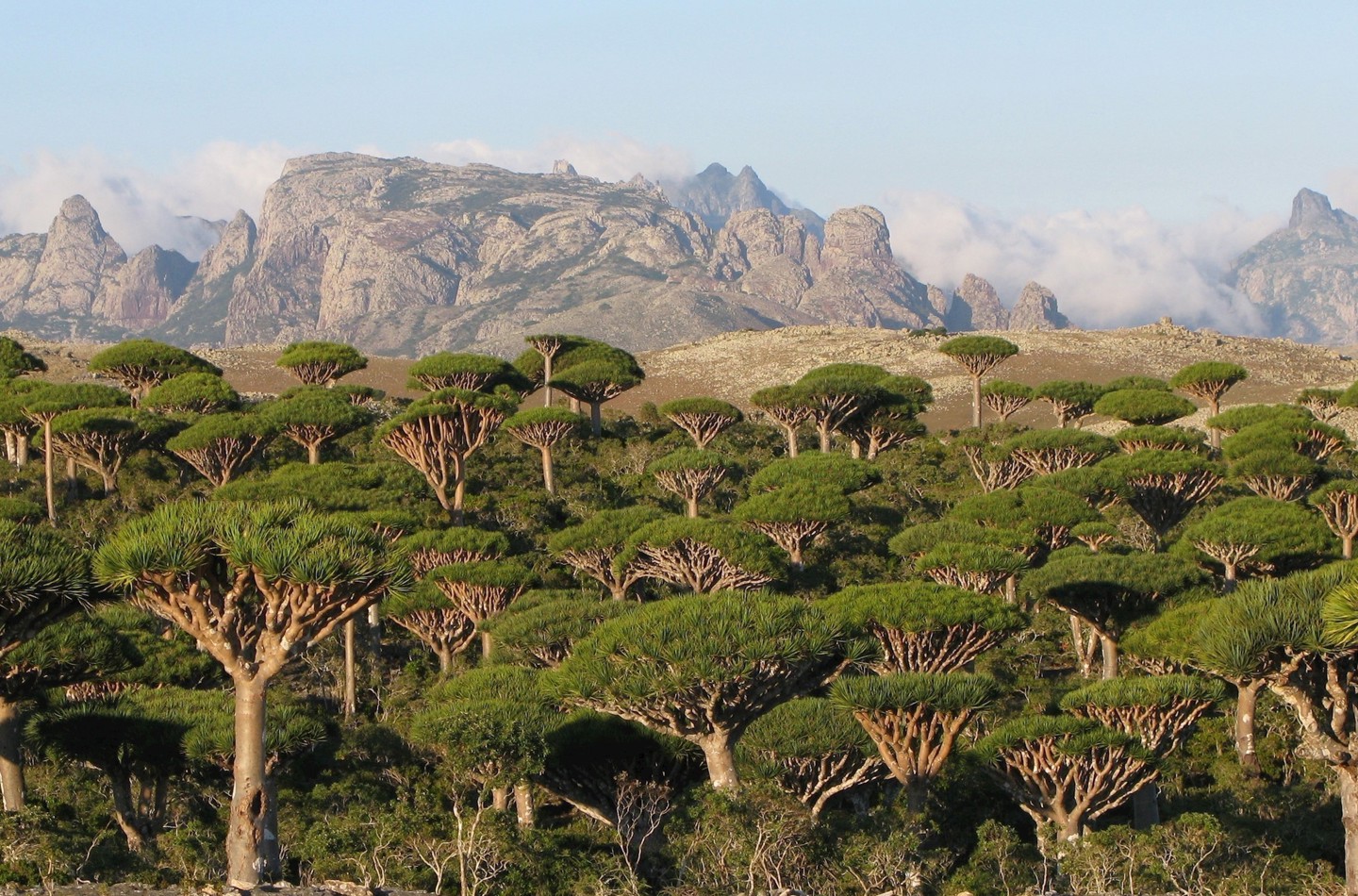
Centre for Middle Eastern Plants
CMEP works with partners across the Middle East and SW Asia to tackle a wide range of contemporary environmental challenges.
-
The Middle East and South West Asia contains a surprising diversity of culture and landscapes, from the snow-capped mountains of Afghanistan to the vast sand deserts of Saudi Arabia. It is rich in biodiversity with around 20,000 plant species and contains high levels of endemism. It is also the centre of origin of major crop plants such as wheat, barley, peas, chickpeas and lentils.
There are huge gaps in our knowledge of the regions biodiversity and the systems of which it is part. As well as a lack of in country capacity for addressing these gaps. Moreover, the region faces serious environmental and societal challenges such as migration, poverty, security, habitat loss, changes in traditional land management practices and climate change.
We work closely with local and international partners to address these gaps in knowledge and to tackle a wide range of these challenges. Our work focuses on a number of areas:
Documenting and describing plant diversity
We are working to better understand the plants and habitats of the region and to develop innovative resources to make this knowledge more widely available. CMEP is the editorial centre for the Flora of the Arabian Peninsula and Socotra. We also have an active research programme developing new field photographic techniques and interactive image based field guides.
Conservation
We help countries meet targets of International conventions such as the Global Strategy for Plant Conservation (GSPC) 2020 and the Convention on Biological Diversity (CBD) by supporting conservation planning and practical actions. This has included work on developing regional criteria for Important Plant Areas (IPAs) and work with country partners to identify these areas as well as conducting IUCN Red List assessments of plants.
Sustainable livelihoods
CMEP works to work to better understand semi-natural systems of the Middle East and how they might be encouraged, restored and built upon to increase productivity and sustainability. For example, we are engaging rural communities in Afghanistan to prevent environmental degradation by reducing fuelwood collection through more efficient, sustainable and healthier fuel interventions.
Capacity development
All of our projects are underpinned by training and capacity development at all levels for individuals, teams and institutions.
Key contact: Dr Sophie Neale
-
Good to Know
The Centre for Middle Eastern Plants was established in 2009 to build on 150 years of institutional knowledge and our globally important plant collections.
You can find out more about our scientific and consultancy work by visiting our website.
